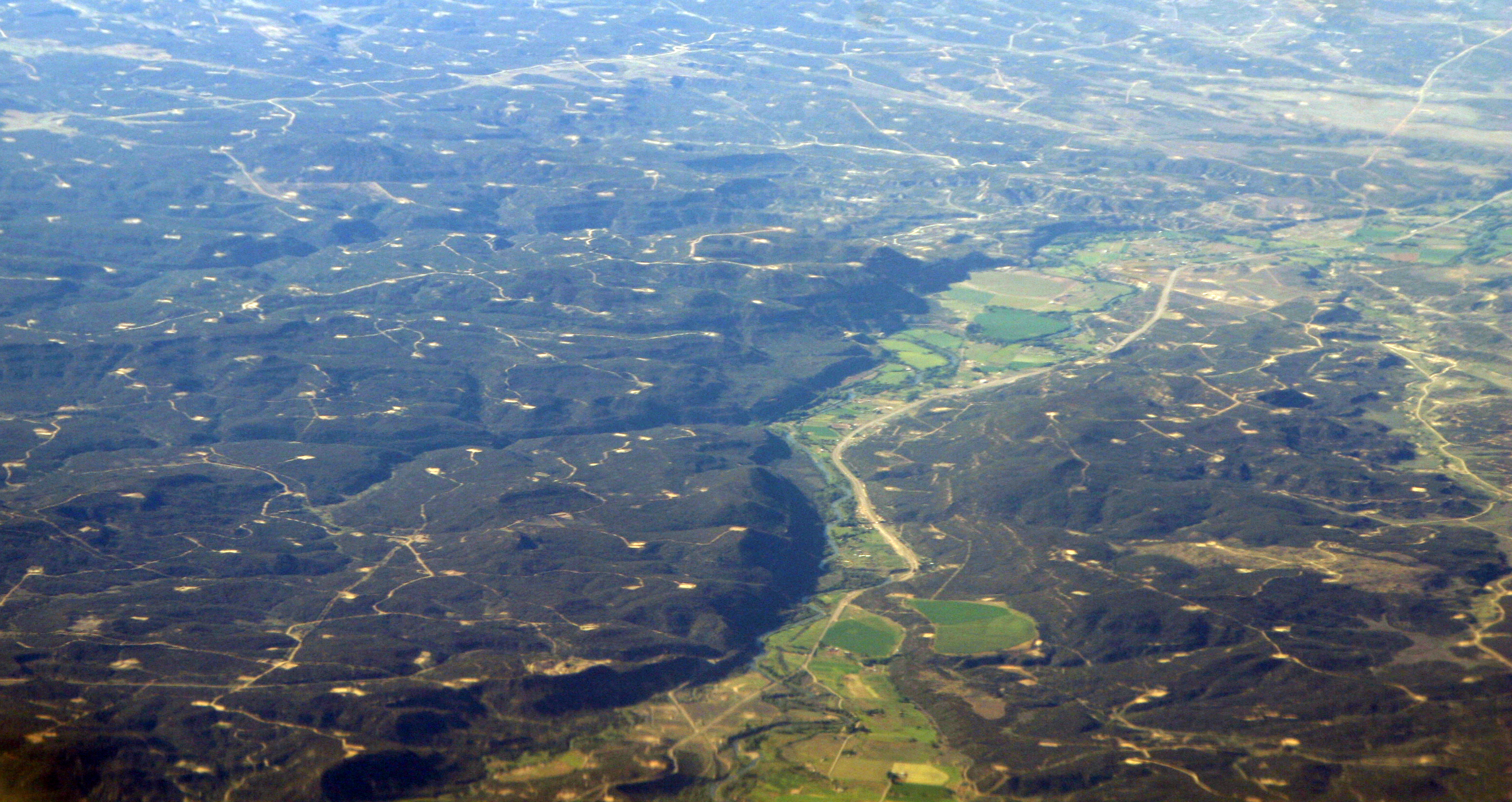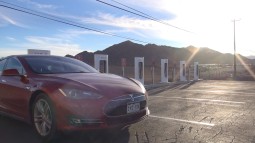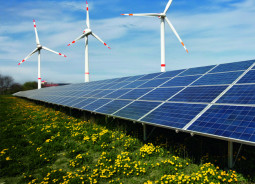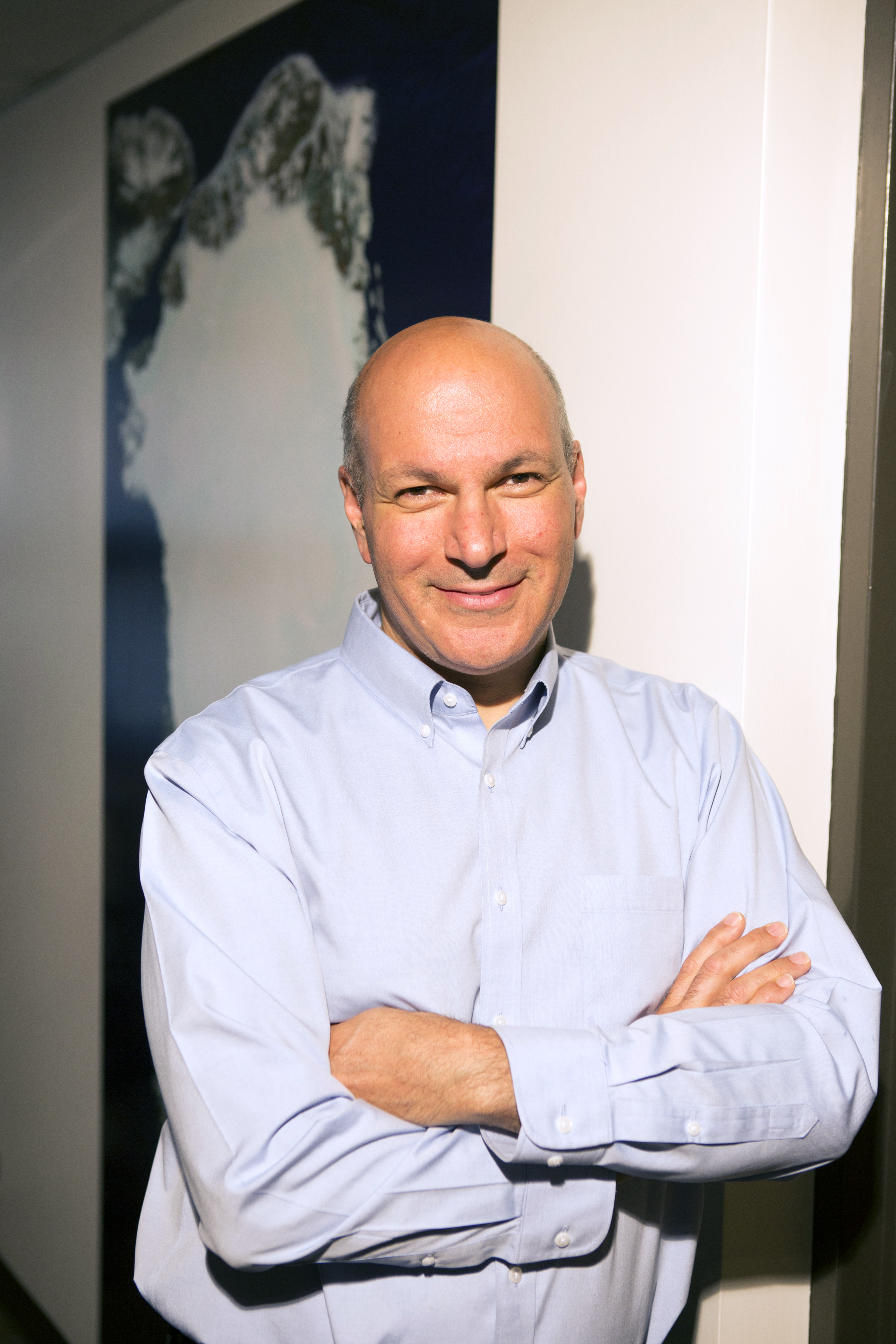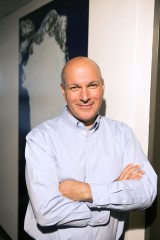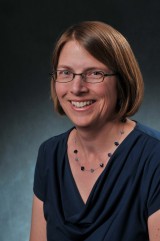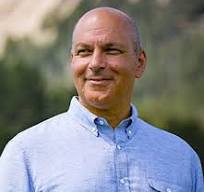
photo credit: CIRES
Standing Up for Science (start time: 6:39) Since President Trump began his second term in January, his administration has been on a rapid-fire campaign to slash federal funding for scientific research, particularly in the fields of climate and earth systems science. Colorado is feeling the pain. President Trump’s budget proposal for fiscal year 2026 includes steep cuts in funding to NOAA, or the National Oceanic and Atmospheric Administration, which funds and manages research on wildfires, extreme heat waves, floods, and much more. NOAA contributes a huge amount to Colorado’s economy, and its research helps saves lives. The proposed budget cuts would likely result in the shuttering of two cooperative institutes in Colorado that are affiliated with and largely funded by NOAA. Those are the Cooperative Institute for Research on Environmental Sciences (CIRES) at CU Boulder, and the Cooperative Institute for Research in the Atmosphere (CIRA) at Colorado State University. In today’s show, host Susan Moran talks with Dr. Waleed Abdalati, director of CIRES and a professor of geography at the University of Colorado Boulder.
Hosts: Susan Moran, Joel Parker
Show Producer: Susan Moran
Engineer: Joel Parker
Show contributor: Juanita Huérfano
Executive Producer: Susan Moran
Listen to the show here:
Podcast: Play in new window | Download (Duration: 26:37 — 24.4MB)
Subscribe: RSS





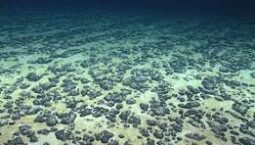
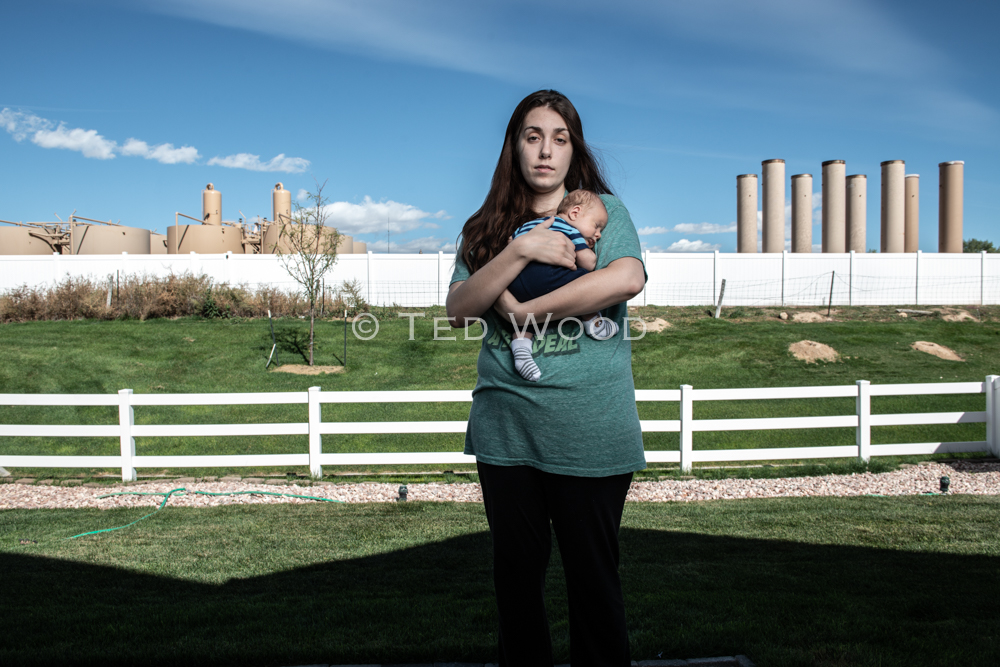
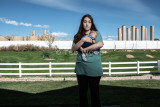
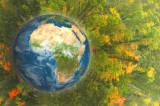 Healthy Planet+Healthy Humans? (start time: 14:46)
Healthy Planet+Healthy Humans? (start time: 14:46) 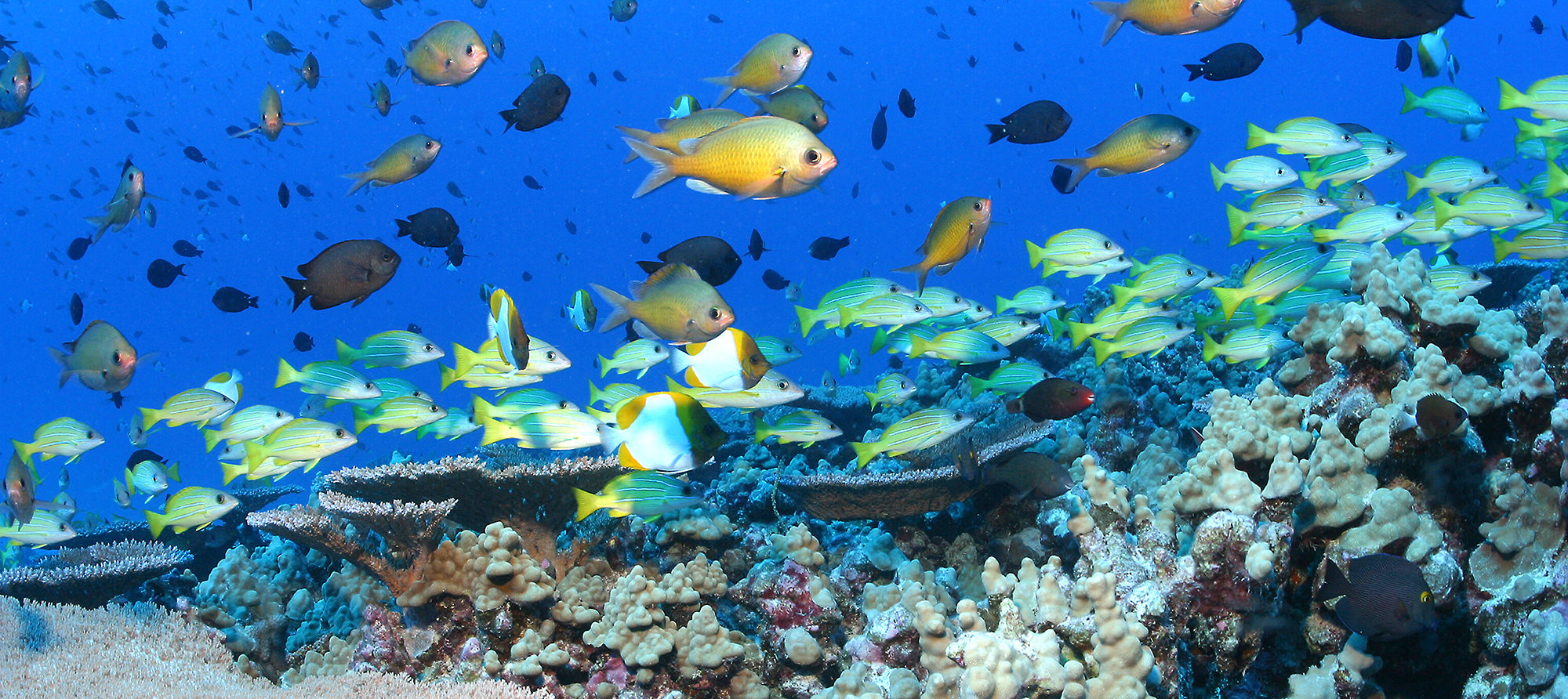

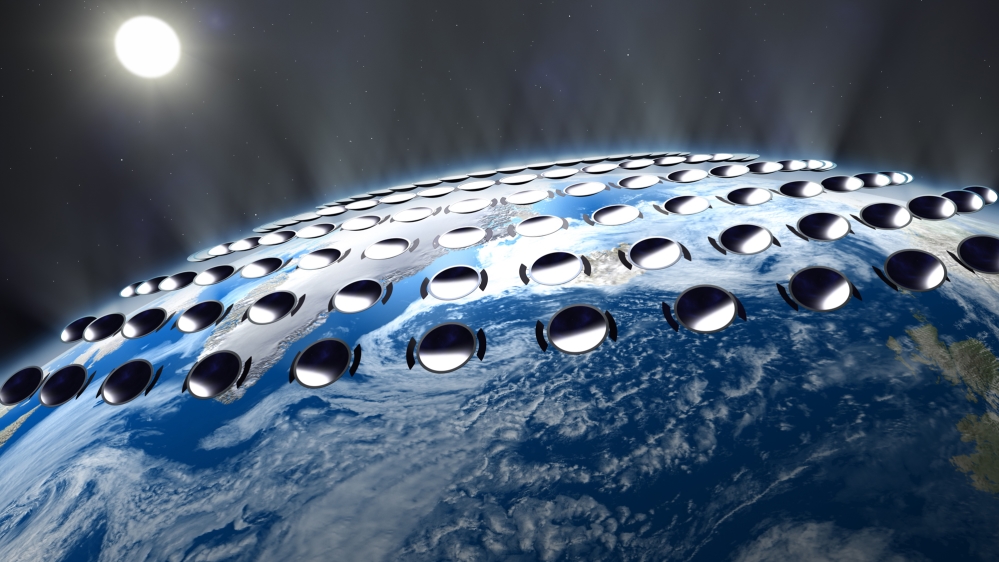

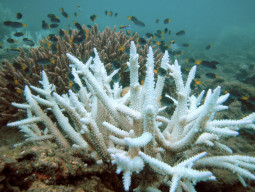
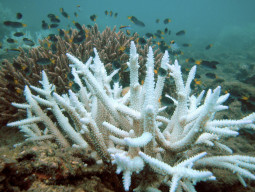 This week on How on Earth Beth interviews two NOAA scientists who study climate change. Joanie Kleypas is a marine ecologist who investigates how rising atmospheric carbon dioxide affects marine ecosystems. She is a self-described optimist who is committed to finding solutions to the “coral reef crisis.” Pieter Tans he has led the Carbon Cycle Greenhouse Gases group at NOAA since 1985. This group has maintained NOAA’s Global Greenhouse Gas Reference Network, producing the most widely used data of atmospheric CO2, CH4, and several other greenhouse gases and supporting measurements.
This week on How on Earth Beth interviews two NOAA scientists who study climate change. Joanie Kleypas is a marine ecologist who investigates how rising atmospheric carbon dioxide affects marine ecosystems. She is a self-described optimist who is committed to finding solutions to the “coral reef crisis.” Pieter Tans he has led the Carbon Cycle Greenhouse Gases group at NOAA since 1985. This group has maintained NOAA’s Global Greenhouse Gas Reference Network, producing the most widely used data of atmospheric CO2, CH4, and several other greenhouse gases and supporting measurements.